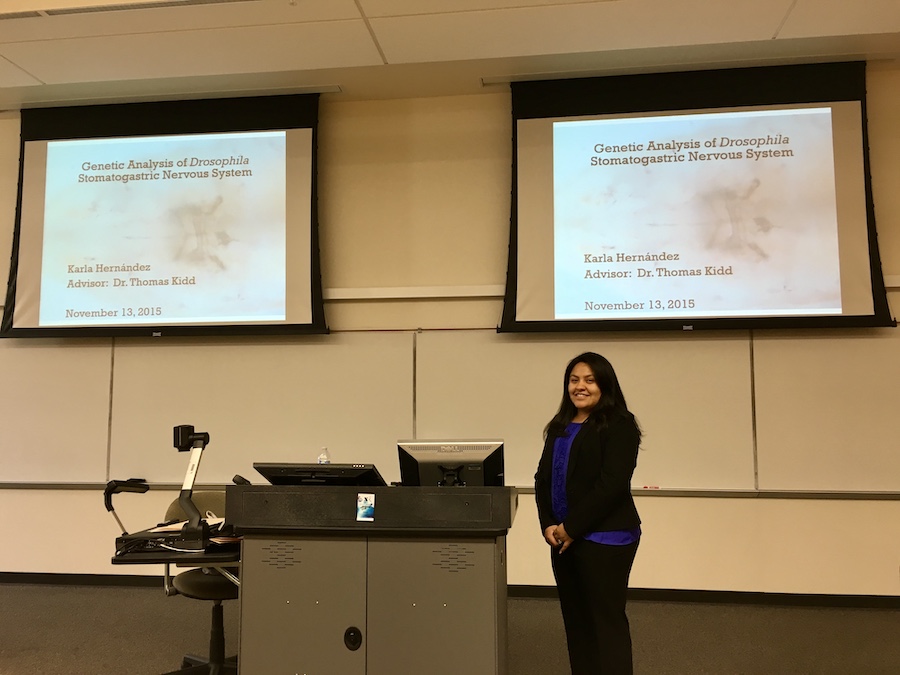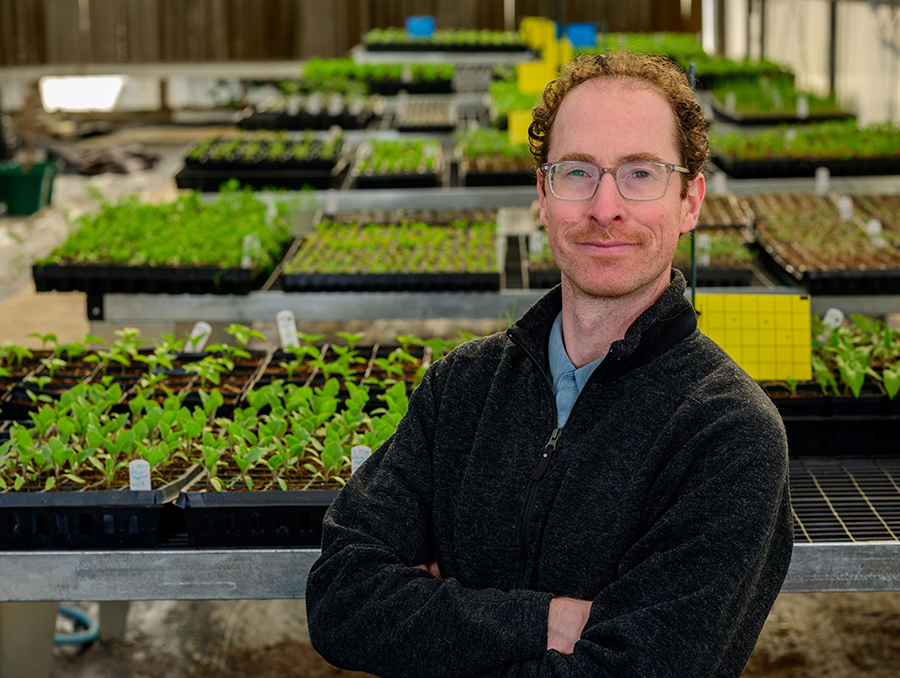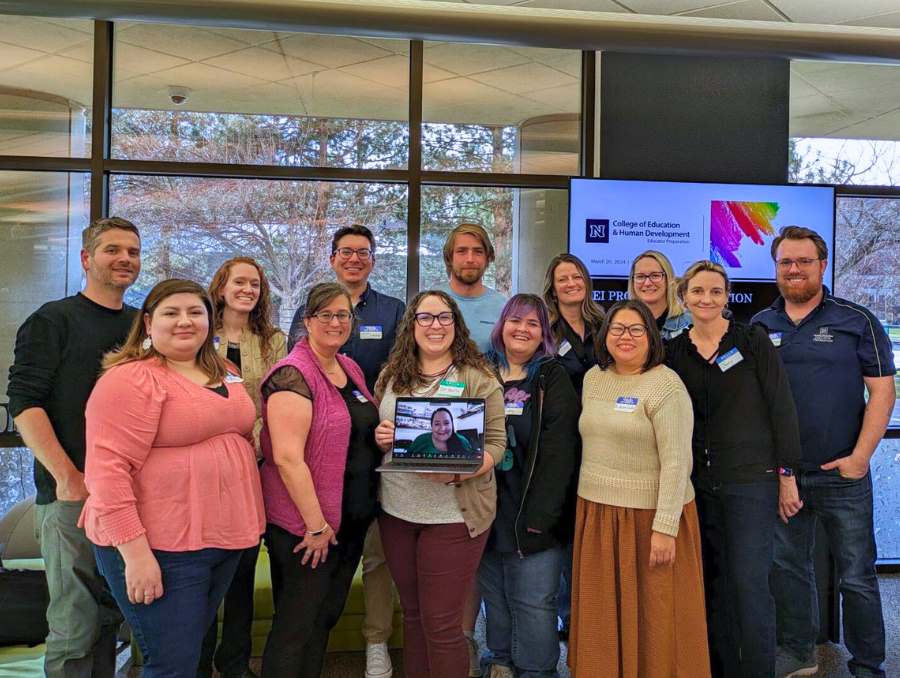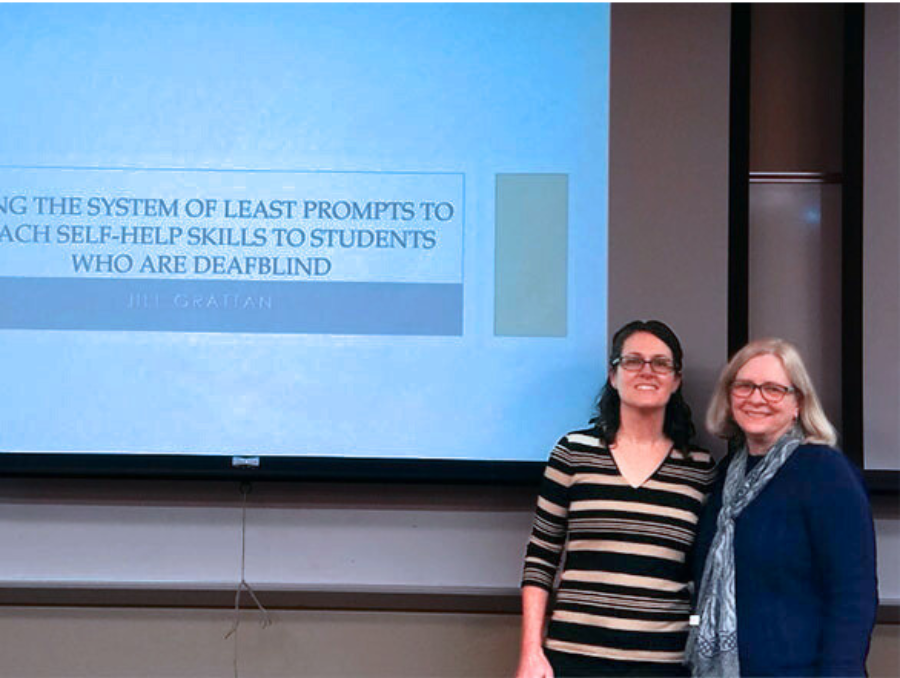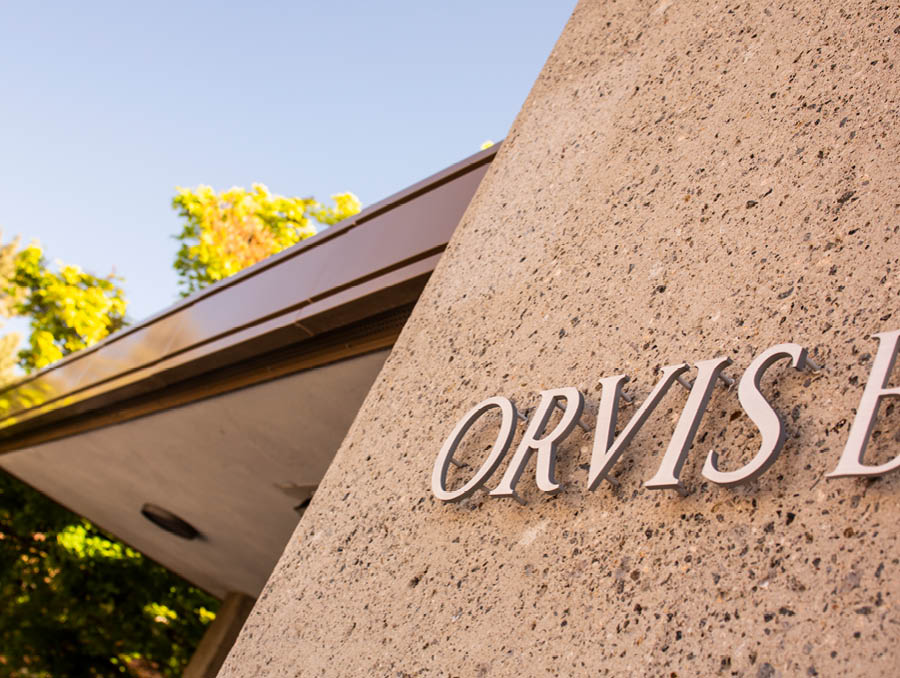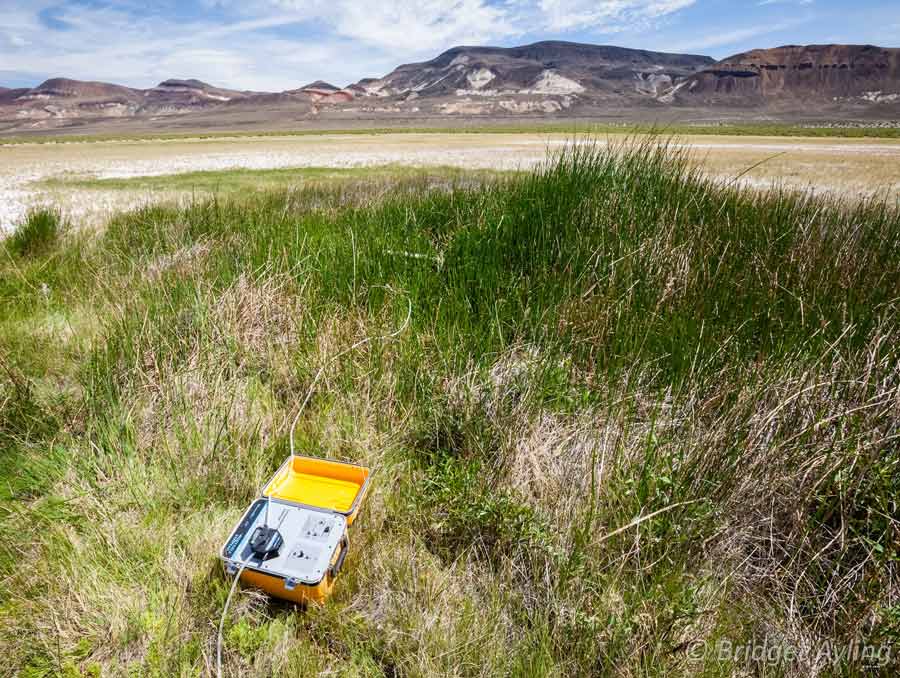In an attempt to become even more sustainable, the University of Nevada, Reno’s Department of Residential Life, Housing and Food Services has finally found a way to take care of their organic wastes. For years they have been trying to find a feasible way to do some composting, and according to Russ Meyer, they have the solution.
“There’s a company out of Illinois that makes composters for commercial purposes,” said Meyer, associate director for Housing Operations and Dining Services. “It will handle all of our material out of the residence dining hall and probably out of all our retail operations.”
Before the composter, the waste management system for the Downunder Café, the Overlook, and various small operations around campus such as Los Trojes and the Northside Café, was simple. A big compactor on the loading dock crushed all waste, organic and not, into a dense cube and waste management would come out once or twice a week to pick it up and bring it to the landfill.
“Economically it’s really saving on trash hauling charges,” Meyer said. “We’re cutting back on our waste stream by about 80 percent.”
A composter of this caliber is not necessarily cheap. It will cost Housing and Foodservice around $30,000 to bring it in. However, Meyer is confident that the payoff will be more than worth it.
“We looked at the payback on that and just in the avoidance of trash hauling cost, the payback’s about two years,” he said. “The only increase will be in electricity. The only electricity we needed for the trash hauling was when you hit the button and the compactor compacted everything. This one circulates on an intermittent basis, so there is some energy use on this one, so there’s going to be a slight increase in our energy cost.”
This composter is not, by any stretch of the imagination, the first step Housing and Food Services has taken toward becoming more sustainable. Not only are there solar panels on the roof of Nye Hall that have been providing energy for years, but smaller, seemingly insignificant changes have been made, too. Light bulbs have been switched out for the more energy efficient variety, all the appropriate recycling is performed, and foodservice fryer shortening is sent to Bentley Biofuels and turned into diesel fuel.
“Much of it’s behind the scenes.” Meyer said. “Every time we make a change we try to make the right change.”
The new composter will offer yet another way for the University’s campus to be more eco-friendly and economically sound. After it is up and running within the next couple of weeks, the department will start trying to tackle bigger issues.
“Once we get the basic organic waste going in there then we’re going to start looking at how we can incorporate anything else,” Meyer said. “The big challenge for us is going to be when we start doing retail.”
In retail the issues stem primarily from packaging materials. Plastics are not compostable and only certain kinds of paper can be sent through the composter. The change is not necessarily easy, but it is a move in the right direction.
“We just keep taking baby steps in Housing and Food Services,” Meyer said. “It’s the right thing to do.”




